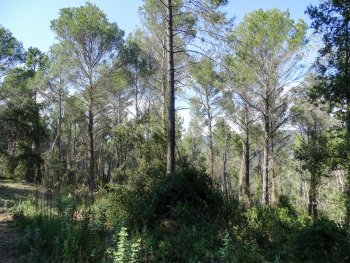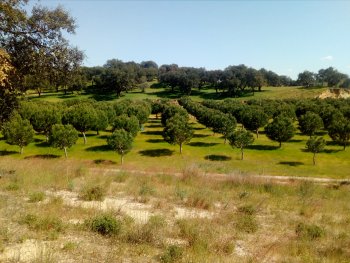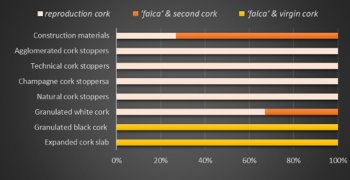Quantify the carbon sequestration of Aleppo Pine forests for developing and boosting forestry
Submitted by Haimad Baudrill... on 4 May 2020Quantify the carbon footprint of different Alepo Pine forestry scenarios (biomass and soil capture and wood products storage) in order to compare in terms of climate change mitigation.
Identify amongst the favourable forest management practices those that:
- Boost management,
- Are geared towards forest quality,
- Minimize risks,
- Ultimately allow Mediterranean forest management sector development participating the rise of the carbon market.



